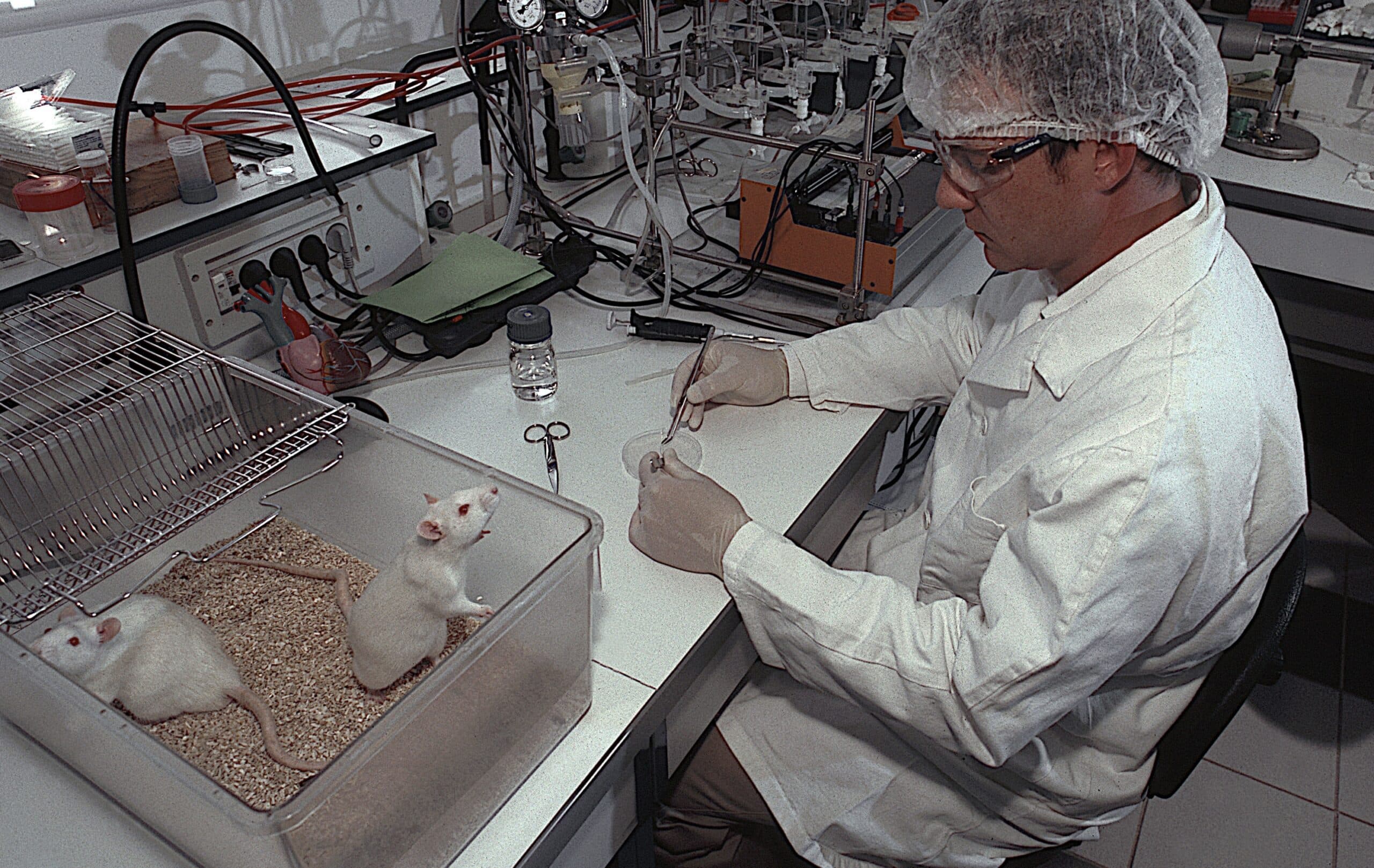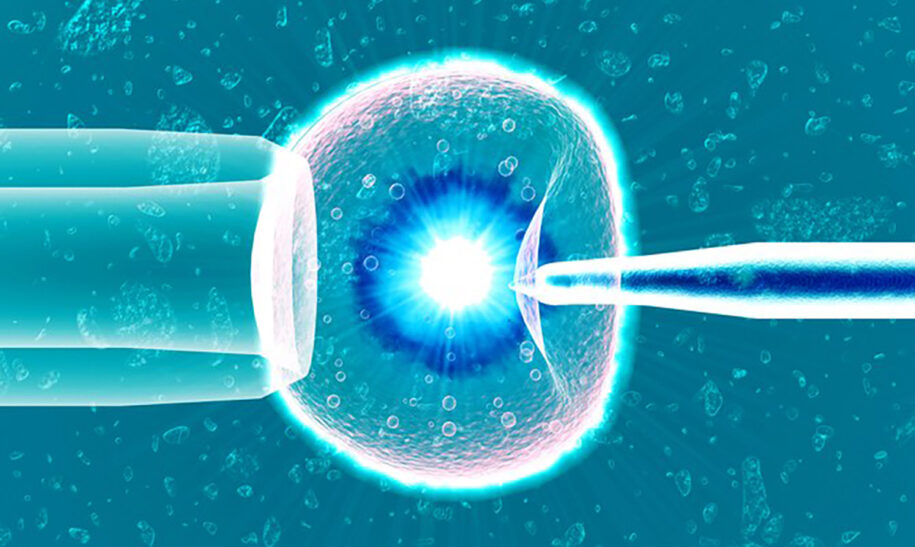Scientists Successfully Slow Aging in Mice Using Stem Cells
Stem cell research has been a very controversial topic in science for the past decade. Many people question the ethics and morale of the practice, but in all reality, it has the potential to transform the health of basically anyone.

Stem cell research has been quite controversial, but scientists continue to make extraordinary findings regarding its effects on major health issues and the typical aging process. Researchers from New York’s Albert Einstein College of Medicine have discovered a breakthrough in anti-aging research. They have found research that suggests the brain’s hypothalamus is crucial in keeping aging and age related disease afar.
The researchers from Albert Einstein College of Medicine have incredibly tested a new procedure on mice that could help keep age related disease afar – and even aging itself. Their findings were reported in the Journal, ‘Nature’. They found that the crucial role of the hypothalamus plays in aging.
The hypothalamus is the region of the brain responsible for the boy’s hormonal and metabolic processes. According to lead researcher, Dongsheng Cai in a press release, “Our research shows that the number of hypothalamic neural stem cells naturally declines over the life of the animal, and this decline accelerates aging.” They found that the process is interestingly not reversible. To identify if the disappearance of stem cells was related to aging, the researchers injected mice with a toxin that killed 70% of their neural stem cells. Cai explained, “This disruption greatly accelerated aging compared with control mice, and those animals with disrupted stem cells died earlier than normal.”
In a further research study, the researchers implanted the stem cells that were ready to become fresh neurons into the brains of older mice. By doing this, they extended the life of the mice by 10 to 15%! It kept them physically and mentally fit for several more months.
Many researchers have hinted at the role of the hypothalamus in aging, yet, it has never before been pinpointed quite so clearly and obviously. While Cai’s team seemed to discover the missing link, “It is a tour de force,” David Sinclair at Harvard Medical School told The Guardian. “It’s a breakthrough. The brain controls how long we live.”
“Of course humans are more complex,” Cai said, also speaking to The Guardian. “However, if the mechanism is fundamental, you might expect to see effects when an intervention is based on it.”


